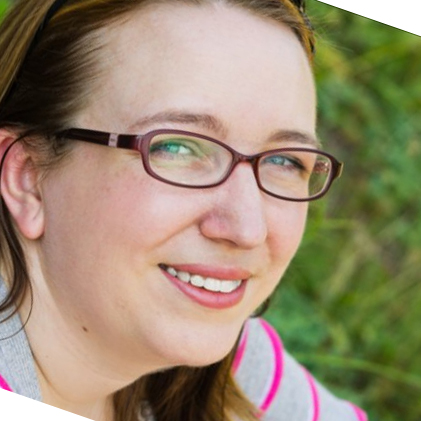-
Andrew Godwin
@andrewgodwin
Andrew Godwin - Django's Migrations: A
Retrospective
A year and a half ago, work to integrate
migrations into Django itself started, and the 1.7 release
contains the results of that effort - though not everything went
according to plan. Learn about how the new migration system was
designed, why things are laid out like they are, and the
unexpected problems that came up during the 1.7 release
cycle.
-
Russell Keith-Magee
@freakboy3742
Class-based Views:
Past, Present and Future
One of the big changes in Django 1.3 was
the introduction of Class-Based Views. Opinion on them is
strongly divided; some love them, some hate them.
In this talk, we'll look at the history that led to the
development of Class-Based Views, and the current state of play.
We'll look at some interesting design patterns that are possible
by exploiting the features of Class-Based views. And we'll look
to what the future could hold for Django's Class-based
future.
-
Curtis Maloney
funkybob
How to be helped
(or; Why is FunkyBob
angry with me?)
Champion of the #django irc
channel and inaugural Malcolm Treddinick award winner Curtis
Maloney is going to tell us some of the very very common errors
of our ways.
-
Christophe Pettus
@xof
Django Transactions: Past, Present, and
Future
Managing transactions in Django has been
considered a black art, but the state of the black art has
improved considerably with each new release. We'll talk about
the best ways of managing transactions in your Django app,
including pre-1.6 and 1.6 and later feature sets. Included in
the discussion will be database-specific features (mostly
PostgreSQL), and an overview of some advanced topics such as
transaction isolation modes and two-phase commit.
-
Scot Mcphee
+ScotMcphee
Using Django, Tasty Pie, and lxml for the
Digital Humanities
Digital Humanities is the application of
computer technology or computer-based quantitive methods to the
problems and data of the disciplines of the Humanities. This
paper will details some of the lessons learned by a recovering
Java and C programmer in implementing a new Digital Humanities
project on the Django platform. Using experience gleaned from
two decades of programming experience and an ongoing PhD
candidature in Classics and Ancient History, it will detail some
of the gaps that need to be bridged between the two worlds and
how Python APIs like Django and lxml can be used to bridge them,
as well as what remains currently unsolved. It will also explore
how the Tasty Pie REST framework for Django can be leveraged to
solve particular types of problems in the Digital Humanities in
creating textual annotations and linked data sets.
-
Jacob Haslehurst
@hzy_
Writing Reusable Django
Apps
As Django developers we use a multitude of reusable apps that solve common problems that we all face, to help us ship features faster. Sometimes, you face a problem that leaves you thinking "surely someone has written an app for this", but you can't find anything. This is when you want to start writing your own reusable app.
This talk will have a look at some of the best existing reusable apps and see what lessons can be learnt from them, then walk through every facet of developing a reusable and discuss the best practises that have emerged.
You can expect to walk away from this talk with all the knowledge you need to go and write your first reusable app.
 Katie Cunningham @kcunning
Katie Cunningham @kcunning Tony Morris @dibblego
Tony Morris @dibblego